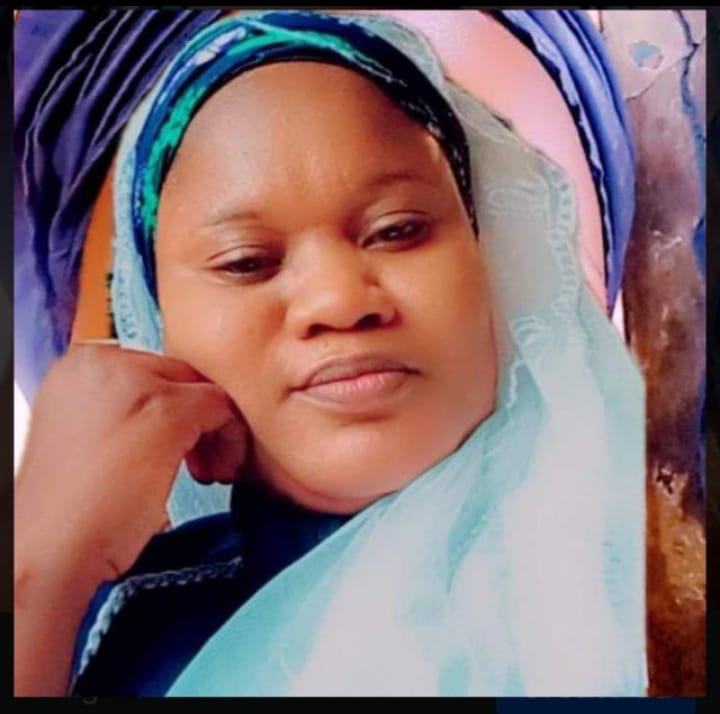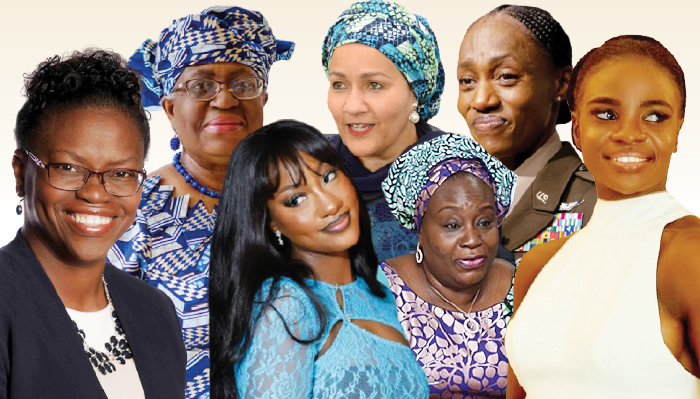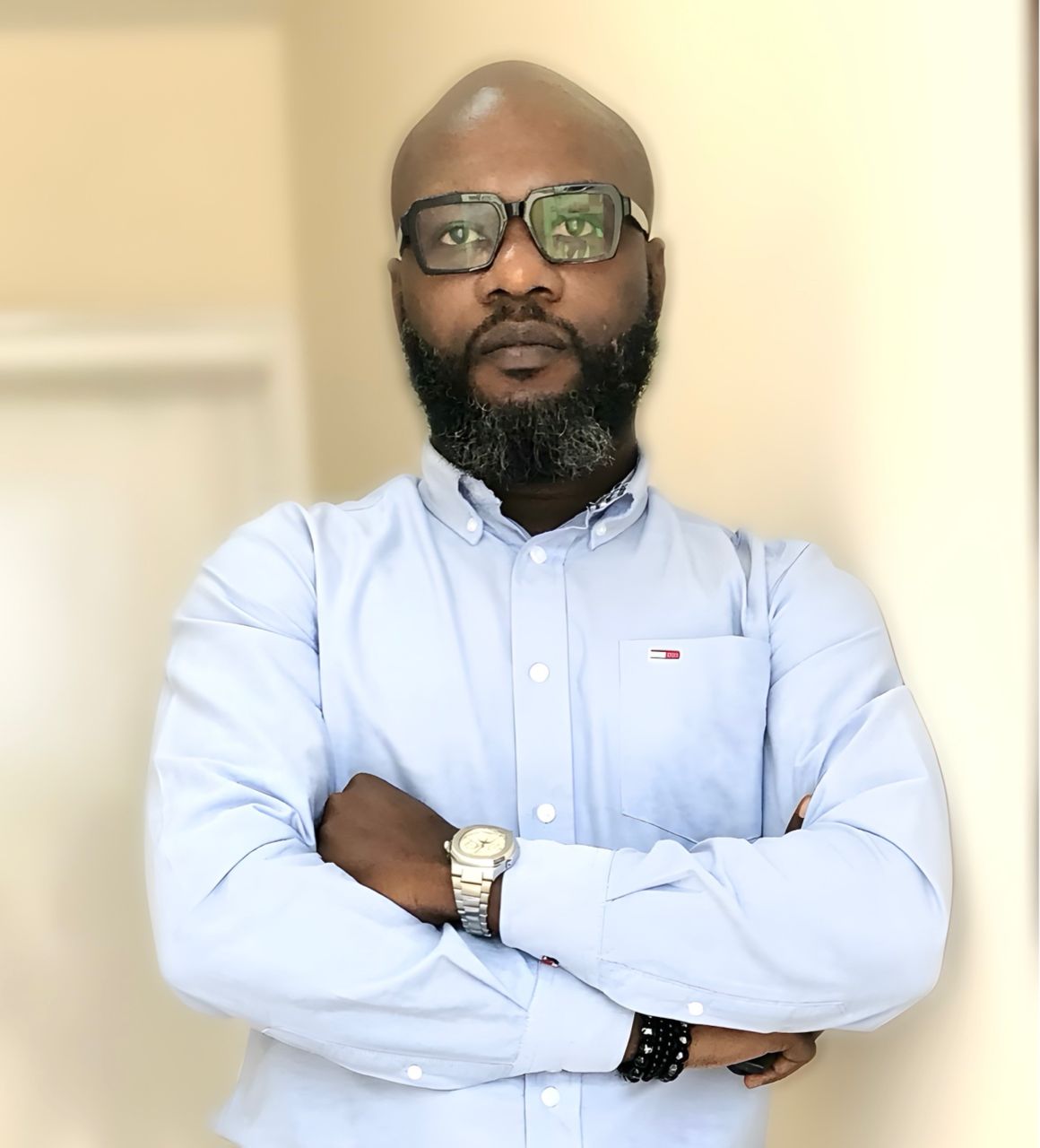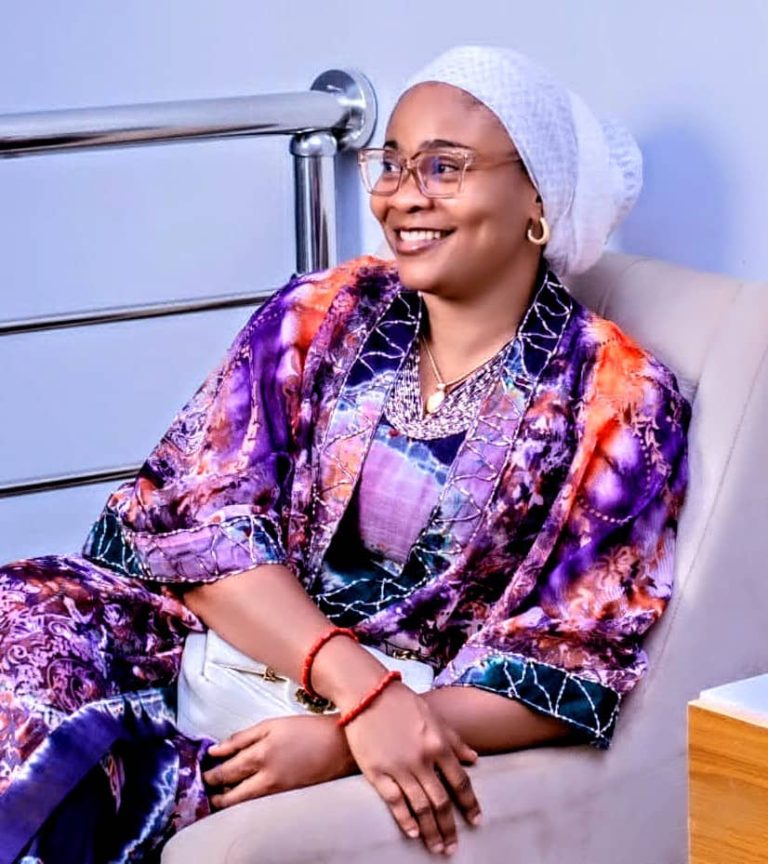The Role of Women in Building Strong Families: A Cornerstone for Society. By Falilat Oreoluwa Dikko

The Role of Women in Building Strong Families: A Cornerstone for Society

In every corner of the globe, women have served as the bedrock of families, providing the support and nurturing that fosters growth and resilience. As the architects of the home, women play multifaceted roles that extend beyond traditional boundaries to contribute significantly to social and economic development. In Africa, and specifically Nigeria, this role is pivotal, as women work tirelessly to weave the very fabric of society through their dedication to family and community.
The phrase “behind every successful man is a woman” may echo cliché, but it encapsulates a profound truth. Women are often the unsung heroes whose contributions shape the next generation. Whether it’s managing a household, instilling values, or serving as a pillar of emotional support, women embody the spirit of strength and resilience, nurturing not just families but entire communities.

In Nigeria, women are renowned for their pivotal role in family dynamics. A mother’s influence often sets the tone for family values, emotional health, and social behavior. For instance, the stories of women like Folake Abdul, a grassroots educator in Ogun State, exemplify the profound impact one individual can have. Folake dedicates her life to educating young girls, ensuring that the next generation has the knowledge and skills to thrive. Through her work, she fosters a culture of education in her community, reinforcing the idea that empowered women build empowered families.
Nurturing values such as respect, empathy, and perseverance, women like Folake are more than just caretakers. They are educators, instilling critical life lessons in their children that form the backbone of caring and respectful individuals.
Additionally, women often serve as significant economic contributors. In many African countries, women have taken the helm in informal sectors such as food production, textile work, and various small businesses. They wear many hats, juggling the roles of breadwinners while simultaneously managing home life. For instance, in rural communities, women often lead agricultural initiatives, enhancing food security and community resilience.

A quote from Nigerian author Chimamanda Ngozi Adichie poignantly states, “We teach girls to shrink themselves, to make themselves smaller. We say to girls, ‘You can have ambition, but not too much. You should aim to be successful, but not too successful, otherwise you will threaten the man.'” This observation illuminates the challenges women face, but it also highlights their extraordinary potential. By rising above societal expectations and seizing opportunities, women create strong economic foundations that directly benefit their families.
Consider the cooperative movements led by women in Nigeria, where small groups come together to share resources, skills, and information to elevate their economic standing. The remarkable success of initiatives like the Women’s Initiative for Sustainable Agriculture demonstrates how collective effort can drive prosperity. These women reclaim their narratives, often breaking through the invisible barriers that attempt to hold them back. Through their collaboration, they bolster family incomes and foster community solidarity—creating a ripple effect of empowerment that can be felt for generations.
Women are also catalysts for societal change. They possess a unique ability to connect with their families and communities on an emotional level, facilitating dialogue and understanding. Through advocacy, they challenge societal norms and fight for better health care, education, and rights for women and children. In Lagos, Nigeria, the “I Am a Girl Child” initiative led by social activists has inspired countless young girls to voice their concerns while encouraging family support systems that are built on trust and openness.
In African communities, festivals and ceremonies often highlight the critical role women play in cultural transmission. Women are custodians of traditions, passing down stories, rituals, and values that define family and cultural identities. These practices offer a strong sense of belonging and continuity, serving as a bridge between generations.
As Maya Angelou famously said, “I can be changed by what happens to me. But I refuse to be reduced by it.” Women continue to refuse the confines of outdated norms, standing tall and resilient in shaping family structures that are inclusive, equitable, and nurturing.
When women thrive, families flourish, and communities prosper. In Nigeria, as in many parts of Africa, the connection between the empowerment of women and the strength of families is clear. Strong families contribute to stronger communities, which in turn fosters national development.
Let’s not forget the psychological impact women have on their families. They are often the emotional anchors, providing comfort and understanding. The nurture of a mother can be likened to the sunlight that helps a plant grow without it, the potential for flourishing diminishes.
This nurturing aspect of motherhood encouraging children to pursue their goals, embracing their individuality, and providing unconditional love lays the foundation for a resilient and compassionate society. As we strive to build stronger families and communities, it is essential that we recognize and support the vital role women play. By empowering women and promoting gender equality, we can unlock the full potential of our societies and create a brighter future for generations to come.
In conclusion, the role of women in building strong families and societies cannot be overstated. As we move forward, it is crucial that we prioritize women’s empowerment and create opportunities for them to thrive. By doing so, we can foster a more inclusive, equitable, and prosperous world for all. As the African proverb goes, ‘When you educate a woman, you educate a nation.’ Let us continue to celebrate and support the remarkable women who are shaping the fabric of our societies, one family at a time.
Falilat Oreoluwa Dikko, a feminist/ public affairs analyst writes from Lagos Nigeria
Email address
Kehindedikko@gmail.com
Tel- 07034484445




